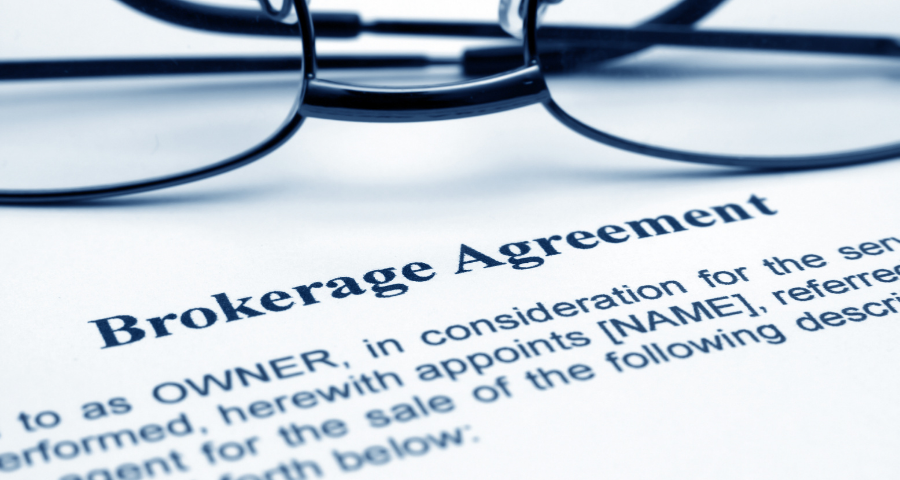You’ve decided you’re ready to begin investing in the stock market. The next step is to open an online brokerage account, but first, you want to check out some of the suggested brokerages. As you do your research, you will need to consider several things. Does the brokerage offer low-cost or free trades? Does it provide access to a wide variety of investment products? Could I get a good deal with a Discount Broker? What about customer service and tech support? Here are some things you should consider before choosing a brokerage.
- What do you need?
Choosing the best brokerage for you can be tricky. Do you need a discount broker or a full-service broker? What services do you need, and what do you not need? The answer depends on your financial needs and goals.
Here are two scenarios that seem very similar. Joe and Jane both need a broker to help them invest their money. Both of them are in their twenties, single, have a steady income, and have no dependents. On the surface, they seem the same, but in reality, they have very different financial needs and goals.
- Narrow the field
Choosing the best brokerage can be difficult. So, narrow down the field by focusing on the features that are most important to your investing strategy. Picking a new brokerage is a personal decision and one that you should take your time making. But if you’re trying to cut down the list of potential brokers, consider the following. First, once you’ve decided on a type of brokerage (discount, full-service, online, etc.), do some research on the specific companies. Most brokerages offer financial advice, but some deal with specific types of investments, like stocks or bonds. The more you know about your ideal brokerage’s offerings, the easier it will be to narrow down your choices.
- Identify or know the fees
When it comes to choosing a brokerage, you should start by deciding what type of investor you are. If you are a stock trader, you will need to pay attention to things like commission costs, minimum balance requirements, and trade minimums. If you are a passive investor who has a long-term strategy, you will want to research the service fees and the number of free trades you can receive. Also, there are some things to look out for if you are investing in mutual funds, like asset allocation and front-load fees.
- Test the platform
When you are looking for the best broker, there are so many different factors you can use to decide on the best broker for your needs. You could go to brokerage review sites, ask financial advisors, check out forums, and even ask friends and family if they use a good broker. Of course, all of these will give you recommendations, but your decision should be based on more than just one person’s opinion.
The best way to determine what brokerage is best for you is to try a few out and see how you like them. You can start by signing up for an account at any online brokerage, which will give you a general feel for how these types of companies operate. Next, try out a few of the services that only a select few brokers offer, like a retirement account or mobile app.
- Are they good at educating their clients?
The internet makes researching every aspect of banking easy, which means that you can learn about the best brokerage through the comfort of your own home. This is not just an option for the wealthy, either. If you are a student or someone who just doesn’t have the time to engage with a broker, you can research and choose a broker online. Once you have a broker, you’ll be able to open an account, which is the first step in the process.
Many people assume that, since they know how to invest in stocks and manage their portfolio, they can manage their brokerage accounts as well. While that can be true for some, for others, it is a recipe for disaster. Figuring out the best brokerage is a similar process to finding the right stockbroker. You want someone who is going to understand your financial situation and goals and will work hard to meet them, as well as being easy to contact when you have questions.

